Ethical dilemmas in humanitarian negotiations
This blog provides reflections from both humanitarian practitioners and researchers on the ethical dilemmas associated with humanitarian negotiations and how humanitarian organisations respond to them.
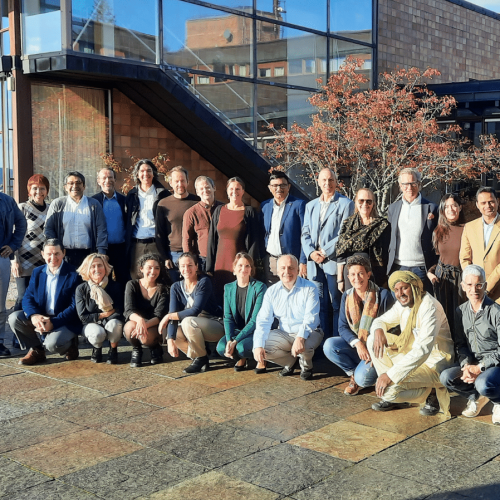
This blog provides reflections from both humanitarian practitioners and researchers on the ethical dilemmas associated with humanitarian negotiations and how humanitarian organisations respond to them.
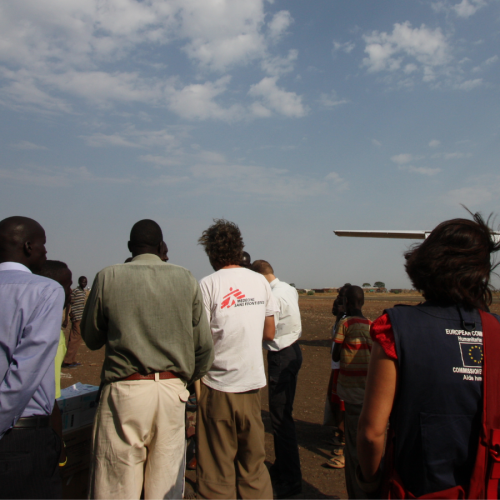
This blog provides reflections on the study and practice of humanitarian negotiation, delving into ethical considerations such as power, representation, compromise, competition and tacit aspects of negotiation.
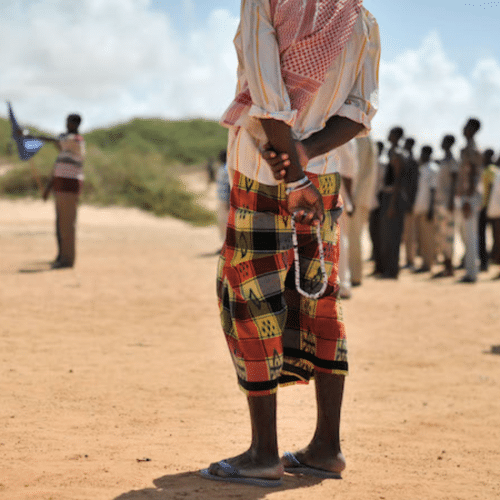
Examining ethical questions around humanitarian mediation, this blog urges a confident engagement with politics that can show solidarity with the most vulnerable yet retain access to a meaningful discussion with power.
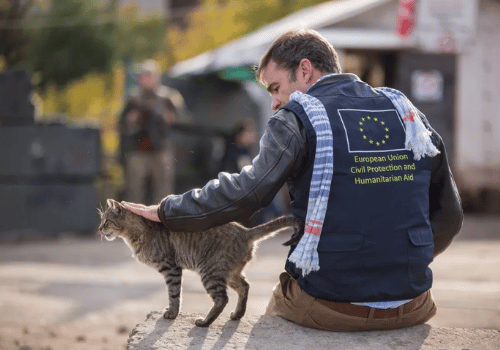
This blog post offers reflections on the reception and care of Ukrainian refugee pets and the complex tensions and ethical issues this raises for refugee management more broadly.
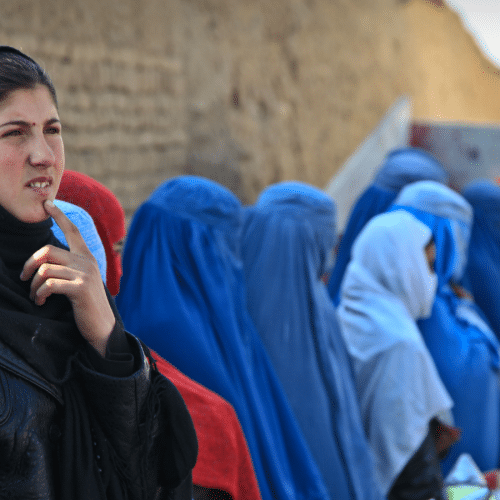
This blog builds on a recent roundtable examining red lines in humanitarian negotiations, and continues the exploration of the humanitarian relationship with politics and power. By casting a fresh gaze on humanitarian principles, and recognising the social and political agency of humanitarian action, it identifies a place for both cooperation and challenge.
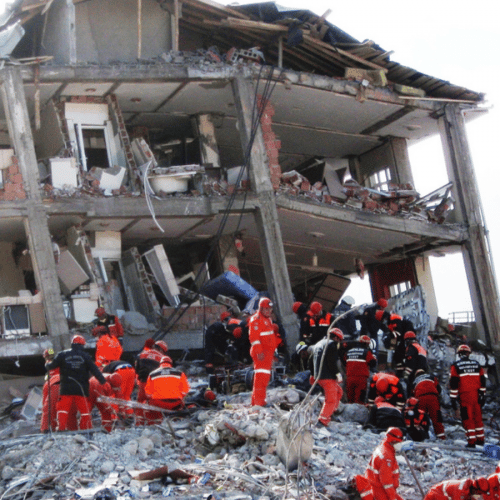
The tragic earthquake that struck Turkey and Syria in February has been labelled the region’s “worst natural disaster” in 100 years. This blog explores the governance and political complexities of humanitarian assistance in responding to the disaster.

As the final part of a three-part series, this blog reflects on the “open-door policy” for Ukrainian pets following the Russian invasion of Ukraine and how this “pet exceptionalism” challenges us to rethink humanitarian work and protection.
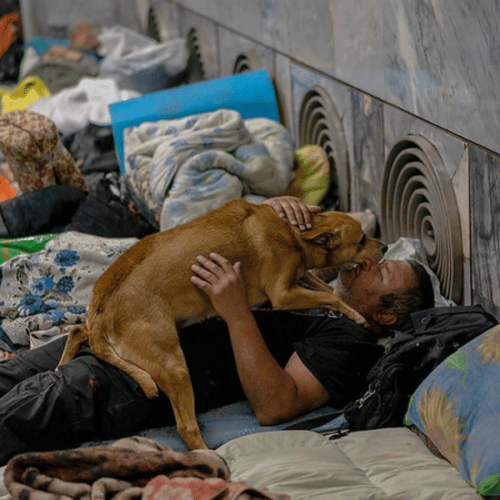
As part two of a three-part series, this blog considers the cross-border mobility of Ukrainian companion animals and explores the (re)bordering effects and (re)production of state-based citizenship generated by the reception of companion animals.
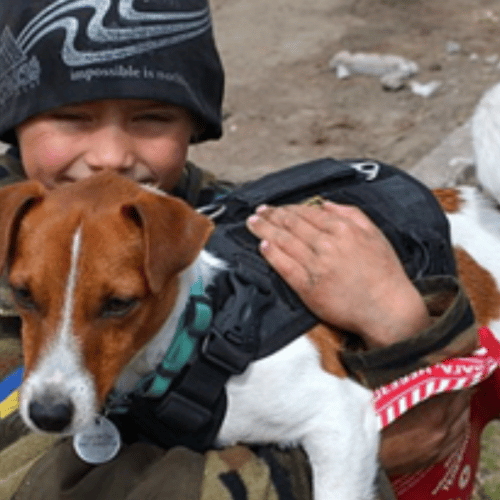
When the war in Ukraine started in early 2022, the protection of pets soon became part of the humanitarian narrative. As part one of a three-part series, this blog explores ethical, practical and policy-related questions regarding Ukrainian refugee pet exceptionalism and the need for a critical discussion on the topic.
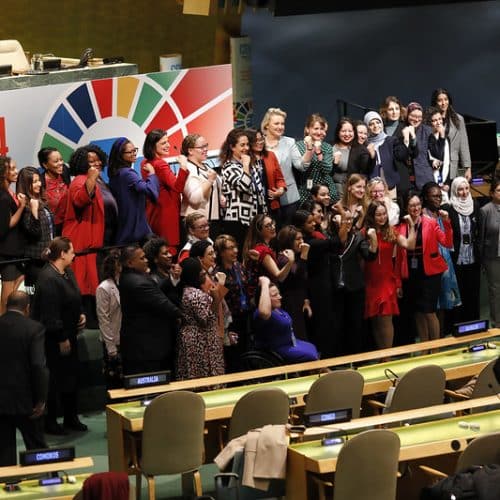
Gender equality, standing for equal treatment and opportunities between genders, has become a liberal norm central to many intergovernmental organisations, including the United Nations (UN). This blog explores the duality of gender equality as a normative aim of the UN’s external interventions, as well as an internal organisational goal.

Mega tourism projects have the potential to transform or disfigure local communities. This blog explores the regulatory and possible humanitarian challenges associated with exclusive tourism enclaves.

In spite of widespread support for the sanctions against Russia after the invasion of Ukraine, international economic sanctions remain a controversial instrument in world politics. This blog discusses how the ethical criteria of just cause, proportionality, last resort and reasonable chance of success can help us think about the justice of sanctions.